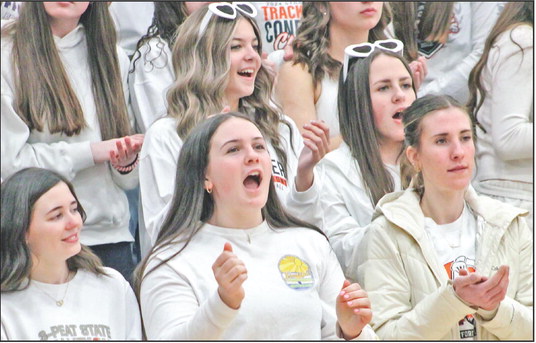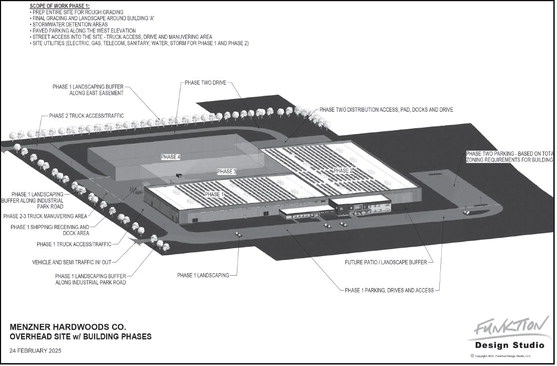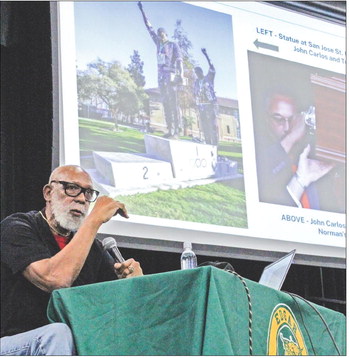Disorderly conduct rule sparks free speech debate


By Kevin O’Brien
An effort to protect municipal clerks and other election workers from harassment triggered a debate Tuesday night about the possible stifling of free speech from citizens who have the right to question public officials.
The Marathon County Board of Supervisors ultimately voted 21-10 to approve a revision to the county’s disorderly conduct ordinance that will allow law enforcement to cite someone if their behavior is directed toward an election official.
As originally written, the ordinance prohibits a person, in public or private, from engaging in “violent, abusive, indecent, profane, boisterous, unreasonably loud or otherwise disorderly conduct under circumstances in which such conduct tends to cause or provoke a disturbance.”
The revision approved Tuesday adds a line making it clear that any of the behavior described above that is directed at an election official could result in a fine of $500 to $1,000 – the same as other acts of disorderly conduct.
Supervisor Brandon Jensen, Merrill, objected to the ordinance before it could be voted on as part of the consent agenda, which generally includes non-controversial items.
“I have concerns that this ordinance could abridge freedom of speech, which is a protected First Amendment right in the U.S. Constitution,” he said. “The wording of the ordinance is vague and subject to interpretation by those involved. What actions are considered ‘boisterous’? Who can determine what is ‘unreasonably loud’?”
County clerk Kim Trueblood said she asked the Public Safety Committee to consider the revision as a proactive measure against Election Day harassment.
“I think one of the key things that this does is send a very clear message to our municipal clerks, to our hundreds of elections inspectors across the county, that we value you,” she said. “We are going to take this issue seriously and we are not going to tolerate any kind of disruptive action at polling places or directed to them personally.”
Earlier in the discussion, supervisor Tim Sondelski said he worried that the ordinance revision could “hinder somebody’s ability to question whether there was election fraud, without getting slapped with a huge fine.”
“We need to hold election officials accountable,” he said. “We also need to bring back election integrity. This ordinance would not be helpful for that.”
DISORDERLY CONDUCT/
Kim Trueblood Disorderly conduct
Continued from page 1
Trueblood, however, said the ordinance revision is in no way an attempt to “squelch” respectful scrutiny by the public.
“We welcome questions,” she said. “We encourage people to come watch our processes and see what’s going on at polling locations and other places.”
Deputy corporation counsel Dejan Adzic said the ordinance is modeled after state statute 947.01, which makes disorderly conduct a misdemeanor offense at the state level.
“No court in Wisconsin has found that it is either vague or that it otherwise infringes on free speech,” he said.
County administrator Lance Leonhard said a violation of the county’s ordinance would be treated as a forfeiture action rather than as a criminal one, so it allows for “another avenue of prosecution” that comes with less severe punishments than an infringement of state law.
District attorney Theresa Wetzsteon said it will be at the discretion of law enforcement officers if they want to cite someone under the ordinance or seek a criminal charge under state statute. She said the ordinance allows police and her office to say that someone has “crossed the line” without making an arrest or filing criminal charges.
Supervisor Chris Dickinson questioned why the new provision was focused solely on election workers.
“I’m not inclined to vote yes because we’re all elected officials, and where is the protection similarly for us or any other elected official in that case?” he said. “It seems to have a very narrow focus.”
Wetzsteon clarified that any behavior defined as disorderly conduct under the ordinance has always been punishable, regardless of where it takes place or who is involved.
“So, this subsection just acknowledges the unique circumstances, I believe, of election workers and takes that into consideration, but there could be action already under the disorderly conduct ordinance,” she said.
When the ordinance revision was discussed at the Oct. 8 meeting of the Public Safety Committee, Wetzsteon and Sheriff Chad Billeb said they were not aware of any complaints regarding threats or attacks against clerks based on voting concerns. However, Trueblood said she has heard informal complaints from clerks in the county.
“We have had reports of what I would classify as harassment,” she said. “I don’t think it’s anything rising to the level of a threat, but we have had several incidents of people making comments to poll workers that could be viewed as harassment or bullying.”





